Aluminum Pontoon Boats vs Fiberglass Boats: Which Fits Your Needs Best?
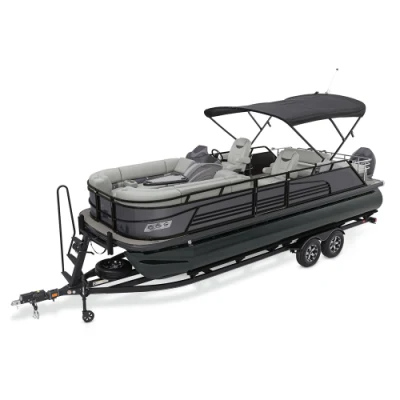
Choosing the right boat can feel confusing at times. Aluminum pontoon boats and fiberglass boats each have special benefits. These benefits work for different needs and activities.
For example, tests show small differences in speed and noise. Models like the FunDeck 216 and SunDeck 202 are compared.
These details help you pick the best boat for your water fun.
Key Takeaways
Aluminum pontoon boats cost less and need little upkeep. They are great for families and casual boaters.
Fiberglass boats give a smoother ride and look fancy. They are perfect for people who want speed and style.
Think about your boating needs and where you’ll use it. Aluminum boats are tough and easy to maintain. Fiberglass boats are fast and comfy.
Key Features of Aluminum Pontoon Boats and Fiberglass Boats
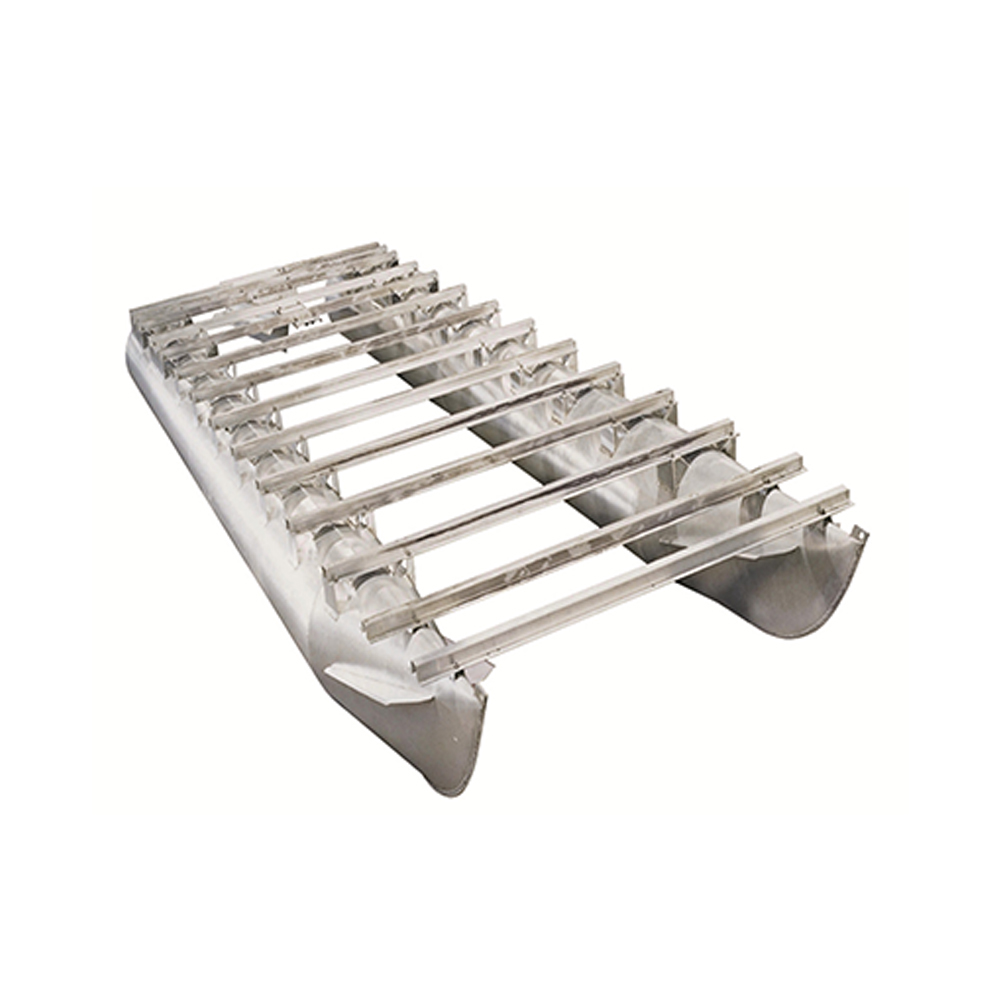
Cost Comparison
Aluminum pontoon boats usually cost less than fiberglass boats. Fiberglass models can be about $20,000 pricier. This higher cost is due to their fancy design and extra features. If you want a cheaper boat that’s still good quality, aluminum is a smart choice.
Durability and Longevity
Durability matters when picking a boat. Fiberglass is tougher and doesn’t dent easily. Aluminum boats are great in rough waters and near rocks because they’re strong. They also resist saltwater damage well. Fiberglass boats last long with care but may crack and need repairs. Aluminum boats are easier and cheaper to fix, saving money over time.
Maintenance Requirements
Aluminum boats need less care than fiberglass ones. Fiberglass boats must be waxed and polished often to stay shiny. They can also get stress cracks that cost a lot to repair. Aluminum boats just need simple cleaning, and small dents can be fixed at home. If you want easy upkeep, aluminum is a better choice.
Performance on the Water
Fiberglass boats are heavier, giving them smoother rides with less noise. Their shape helps them handle better and go faster. Aluminum boats are lighter, making them quicker with the same engine. They’re also stable in rough waters. Fiberglass is best for speed and smooth rides, while aluminum is reliable and versatile.
Comfort and Space
Aluminum pontoon boats have roomy layouts, perfect for families or fishing. They often include extras like swim ladders and shade covers for comfort. Fiberglass boats look stylish but may have less space inside. If you need more room and practical features, aluminum pontoons are a great pick.
Aesthetics and Design Appeal
Fiberglass boats look sleek and shiny, making them stand out. Aluminum boats focus more on being tough and useful than flashy. If you want a boat that grabs attention, fiberglass is ideal. But if you care more about performance and durability, aluminum pontoons are better.
Aluminum Pontoon Boats vs Fiberglass Boats: Best Use Cases
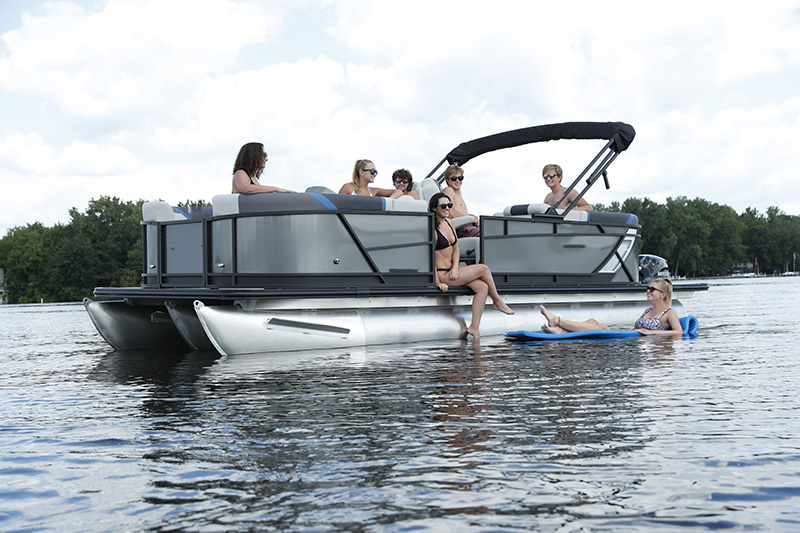
Aluminum Pontoon Boats: Ideal Scenarios
Aluminum pontoon boats are great for space and durability. They’re perfect for family trips or fishing adventures. The large decks give room to relax or fish. You can even enjoy a picnic on board. These boats stay steady in calm lakes or rivers.
Do you boat near rocky shores or shallow waters? Aluminum pontoons are strong and handle these areas well. Their tough build resists dents and damage easily. They’re also simple to care for, saving you repair time. Spend more time having fun on the water!
Fiberglass Boats: Ideal Scenarios
Fiberglass boats are best for speed and smooth rides. They’re great for water sports or long trips. If you like fast rides or rough waters, fiberglass is ideal. These boats give a comfortable and exciting experience.
Their stylish look makes them stand out at marinas. If you want a boat that looks fancy, fiberglass is a top choice. They’re perfect for people who love sleek designs and luxury features.
Environmental Considerations (Freshwater vs. Saltwater)
Where you use your boat matters a lot. Aluminum pontoons resist rust, so they’re great for saltwater and freshwater. They’re strong enough for coastal trips and tough conditions.
Fiberglass boats also work well in saltwater but need more care. Cleaning and waxing often keep them in good shape. For freshwater, both aluminum and fiberglass boats perform well. Pick based on what you need most.
Pros and Cons of Aluminum Pontoon Boats
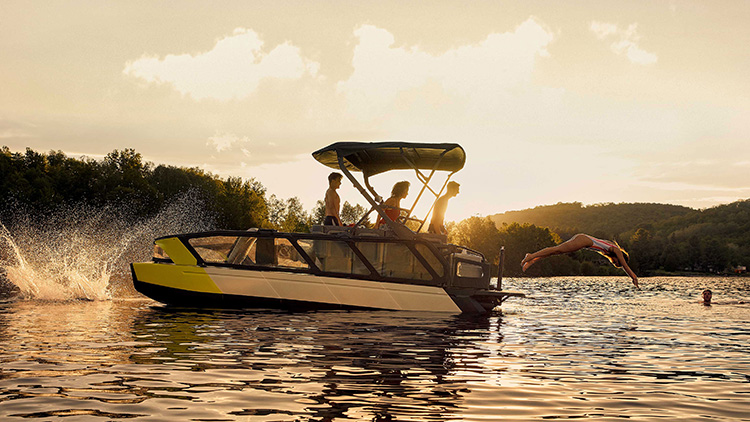
Advantages of Aluminum Pontoon Boats
Aluminum pontoon boats have many benefits that make them popular. Here’s why they’re a great choice:
Lightweight and Fuel-Efficient: Aluminum pontoons weigh less than fiberglass ones. They need smaller engines, saving fuel and improving performance.
Cost-Effective: These boats cost less than fiberglass models. They’re perfect if you want a budget-friendly option.
Easy Maintenance: No need for waxing or polishing! Cleaning is simple, and repairs are quick and cheap.
Durable and Corrosion-Resistant: Made with strong aluminum, these boats handle tough conditions. They resist rust in both freshwater and saltwater.
Spacious and Practical: Aluminum pontoons have large decks with lots of seating. They’re great for family trips or fishing adventures.
Tip: Want a boat that’s easy to use, stable, and low-maintenance? Aluminum pontoons are a smart pick.
Disadvantages of Aluminum Pontoon Boats
Aluminum pontoons are great, but they have some downsides too:
Aesthetic Appeal: Aluminum boats focus on function, not looks. They don’t have the shiny, sleek style of fiberglass boats.
Noise Levels: Aluminum can be louder on the water, especially in rough waves.
Dents Over Cracks: Aluminum dents instead of cracking, but dents can still look bad. Fiberglass doesn’t dent and handles waves better.
Less Smooth Ride: Aluminum pontoons don’t ride as smoothly as fiberglass ones, especially in choppy waters.
Note: If you want a quieter and fancier ride, fiberglass might suit you better.
Pros and Cons of Fiberglass Boats
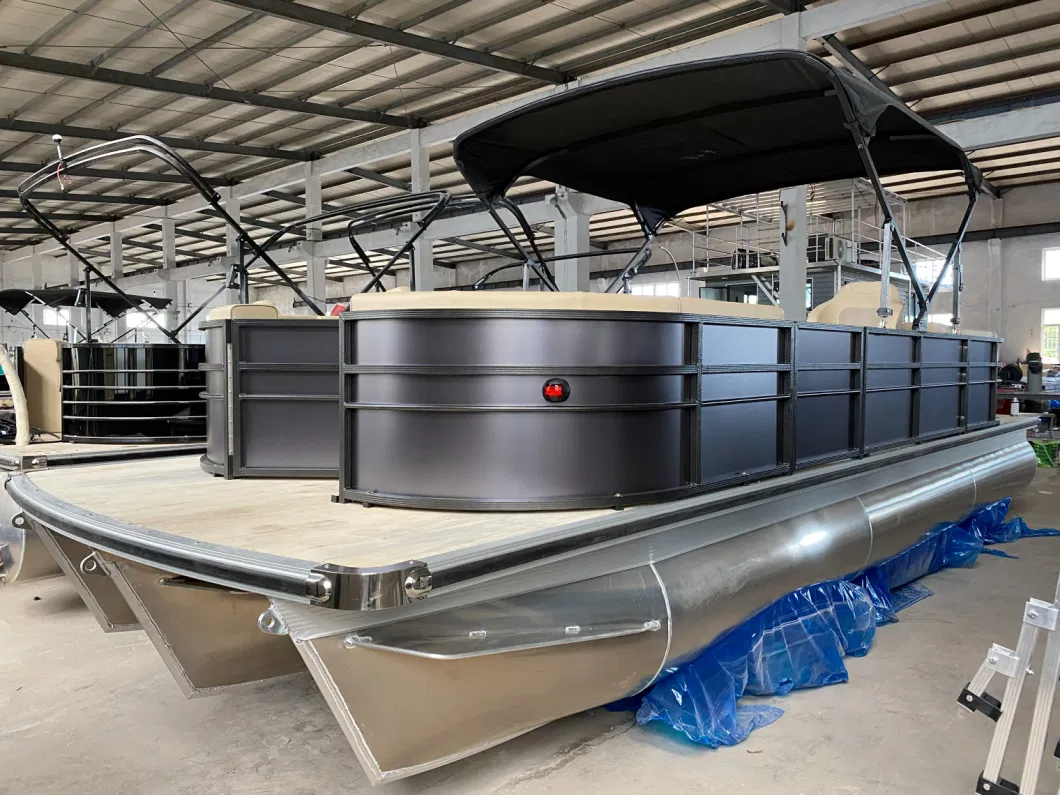
Advantages of Fiberglass Boats
Fiberglass boats have many perks that make them popular. Here’s why they’re a great choice:
Smooth and Comfortable Rides: Fiberglass boats reduce noise and vibrations. This makes long trips more relaxing and fun.
Better Performance and Maneuverability: Their weight and design help them stay stable. They handle well and aren’t easily moved by wind, which is great for fishing.
Durable and Long-Lasting: Fiberglass doesn’t rust or rot. With good care, these boats can last for years.
Stylish Design: Fiberglass boats have sleek, modern shapes. If you want a fancy-looking boat, fiberglass is a great pick.
Low Maintenance: Fiberglass needs less care than wooden boats. It doesn’t rust and rarely needs repairs.
Tip: Want a stylish, safe, and high-performing boat? Fiberglass is worth checking out.
Disadvantages of Fiberglass Boats
Fiberglass boats are great but have some downsides too:
Higher Costs: Fiberglass boats cost more than aluminum ones. Fixing cracks can also be expensive.
Heavier Weight: They weigh more, so they need stronger engines. This uses more fuel.
Environmental Concerns: Old fiberglass boats don’t break down naturally. Getting rid of them can harm the environment.
Vulnerability to Cracks: Fiberglass can crack if hit hard. Fixing these cracks takes time and money.
Note: If you want a cheaper option, aluminum pontoon boats might suit you better.
Deciding between aluminum pontoon boats and fiberglass boats depends on your priorities. Here’s a simple comparison to guide you:
Feature | Aluminum Pontoon Boats | Fiberglass Pontoon Boats |
|---|---|---|
Appearance | Practical, not very stylish | Stylish, shiny, and fancy-looking |
Weight | Light, simple to move | Heavy, offers better balance |
Repairs | Easy and cheap to fix | Harder and more expensive to repair |
Aluminum boats are affordable and useful. Fiberglass boats are fancy and ride smoothly. Consider your budget, needs, and where you’ll use the boat. Try both if possible!
Tip: Want something strong and easy to care for? Aluminum pontoons are perfect. Prefer luxury and smooth performance? Fiberglass is a great choice.
FAQ
What’s the best boat for family trips?
Aluminum pontoon boats are great for families. They have big decks, comfy seats, and useful extras like swim ladders and shade covers. 🛶
Tip: Look at the 16FT Pontoon Boat by Kinlife & Kinocean for a family-friendly choice!
Can aluminum pontoon boats handle saltwater?
Yes, aluminum pontoon boats fight rust, so they’re good for saltwater. Their strong design makes them perfect for coastal trips and tough waters. 🌊
Which boat is easier to take care of?
Aluminum pontoon boats need less work. Cleaning is simple, and repairs are fast and cheap. Fiberglass boats need waxing and polishing often. 🧽
Note: Aluminum boats are best if you want easy upkeep.
